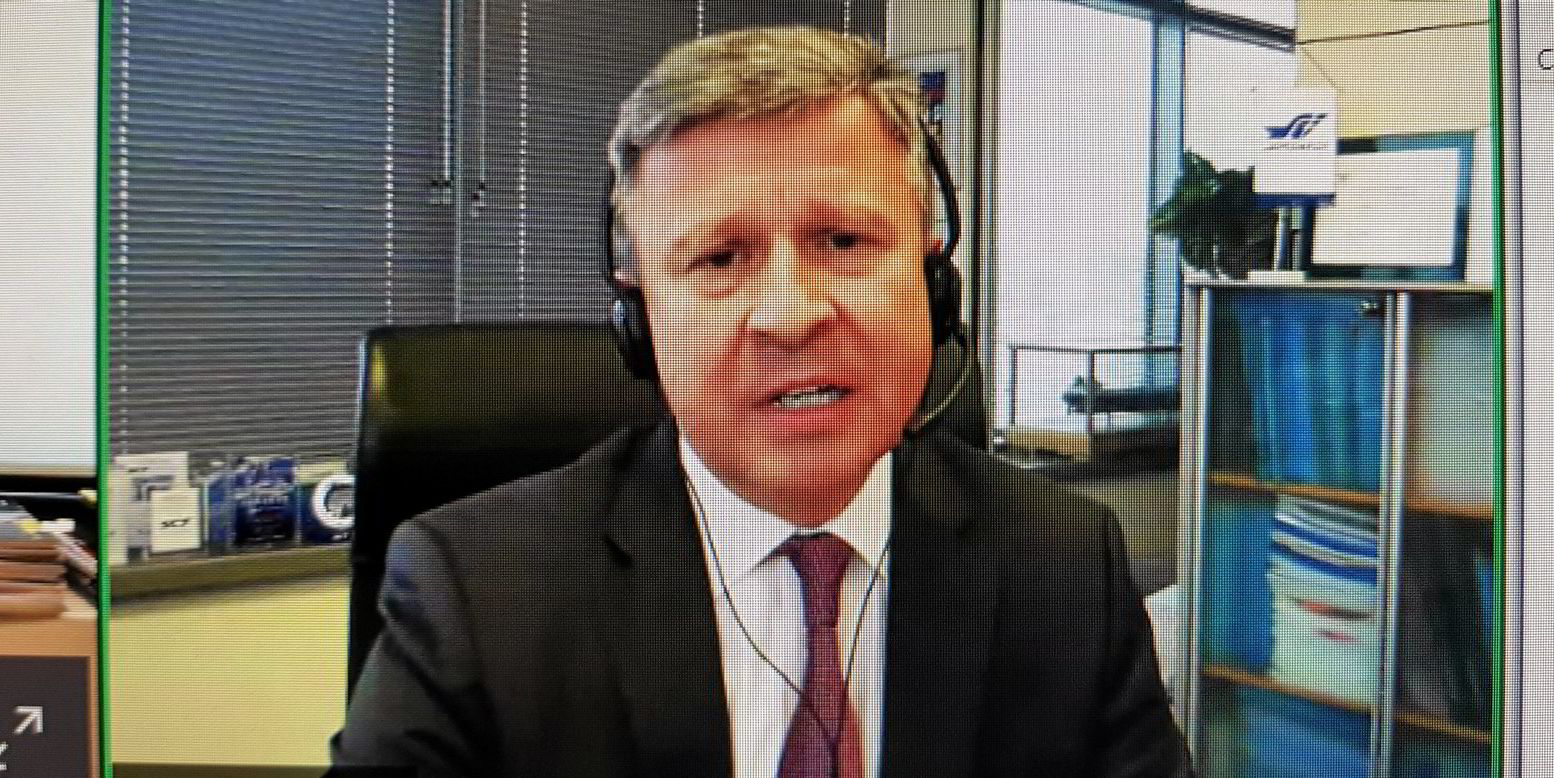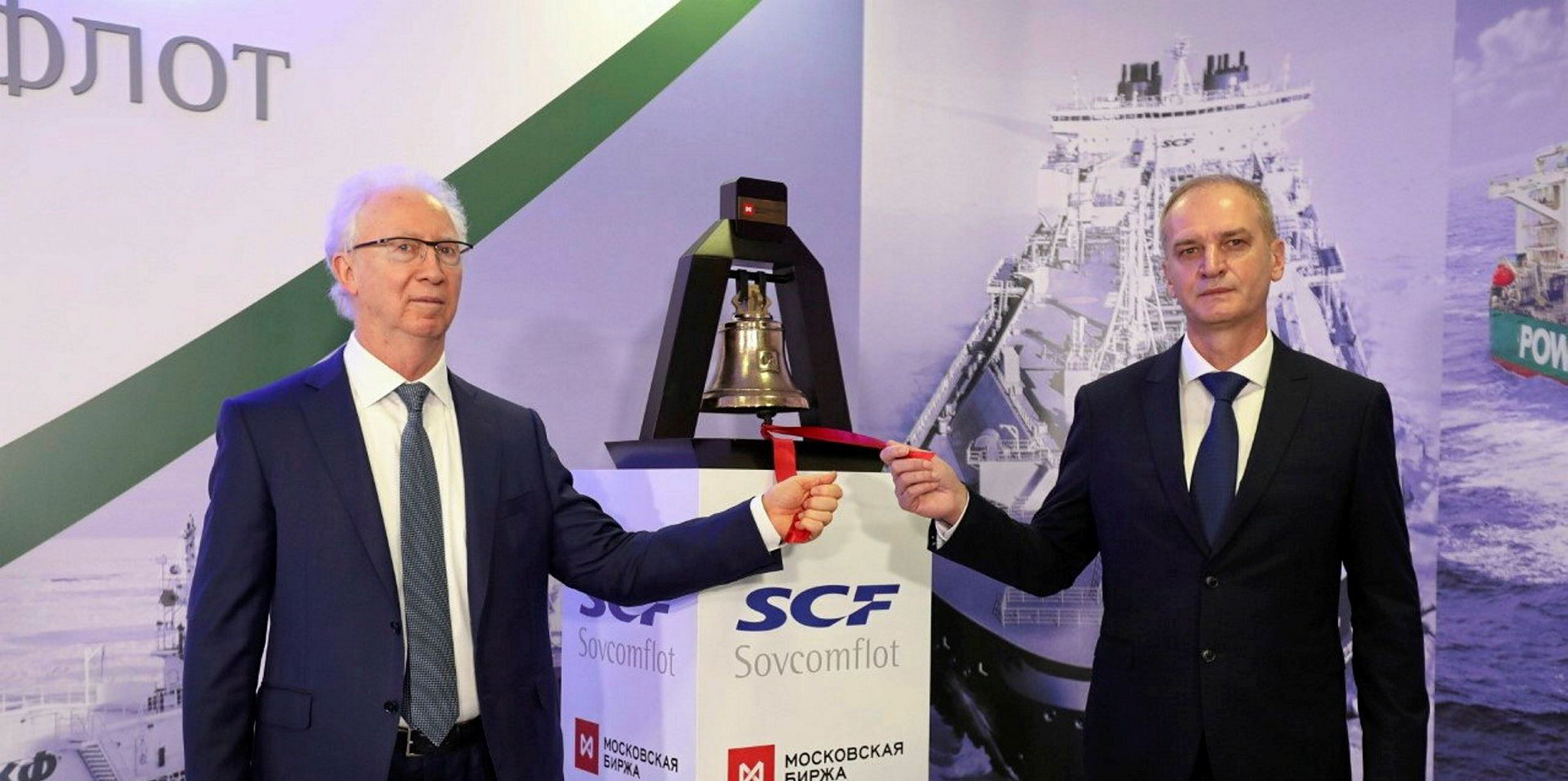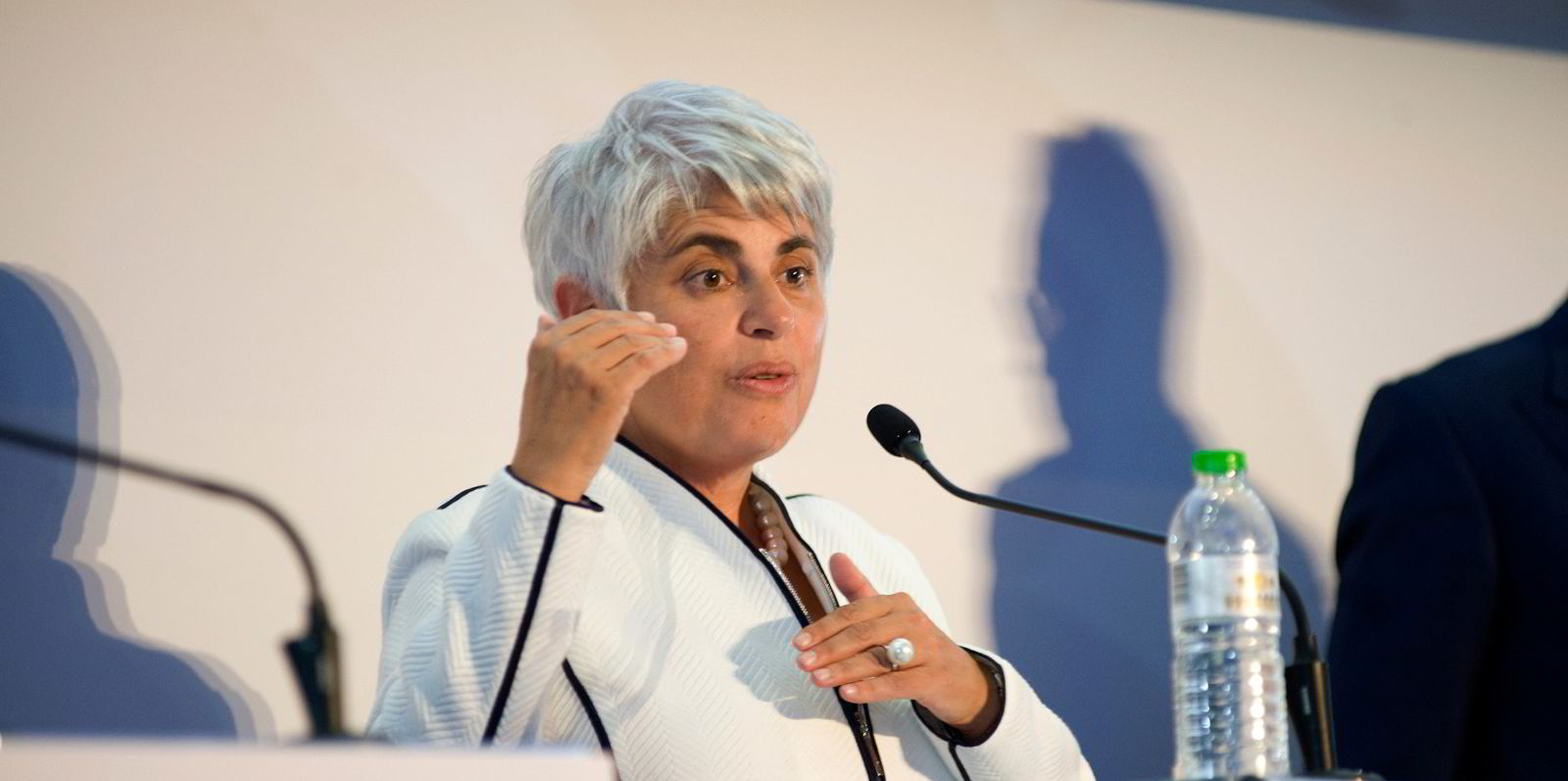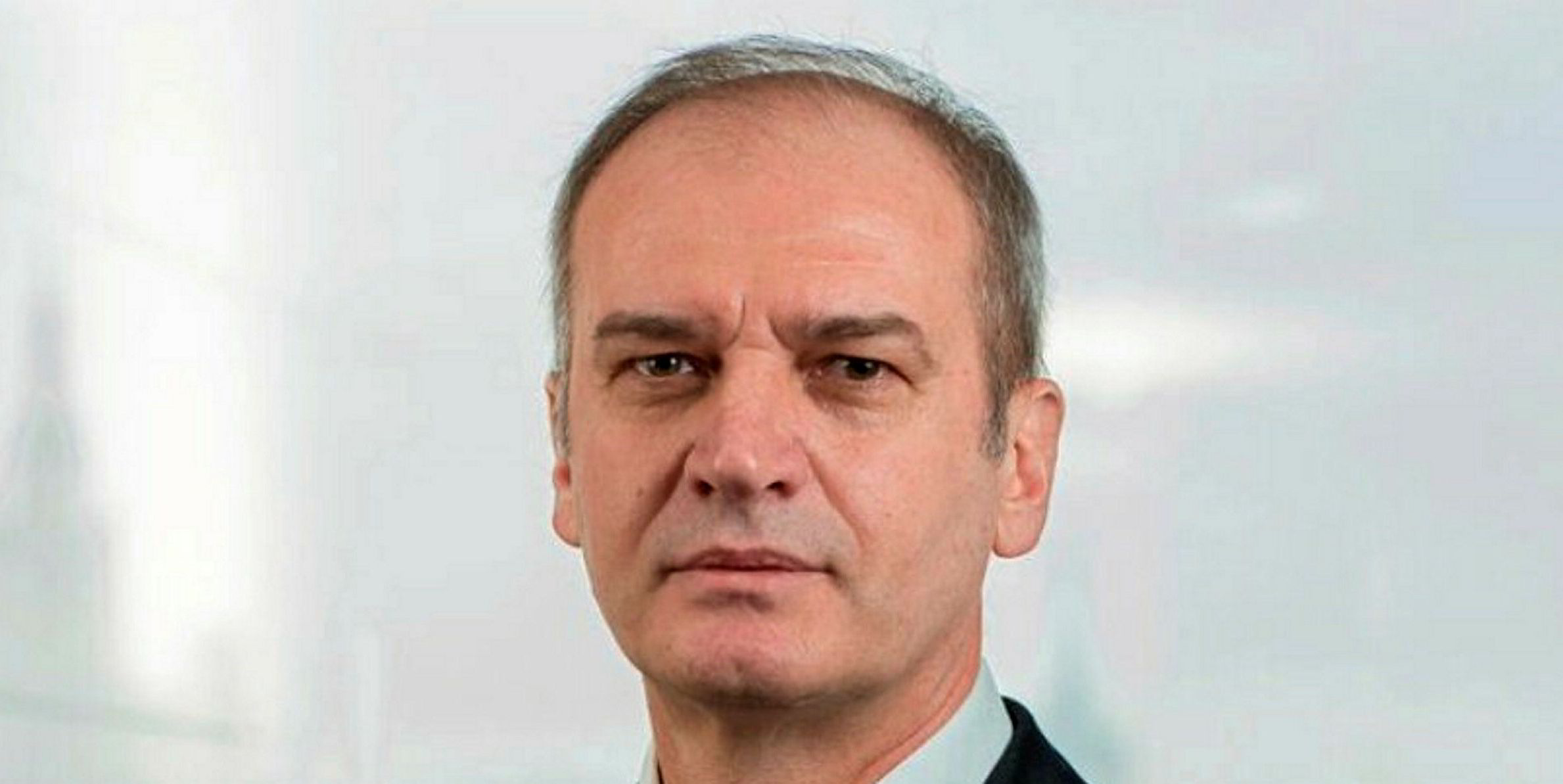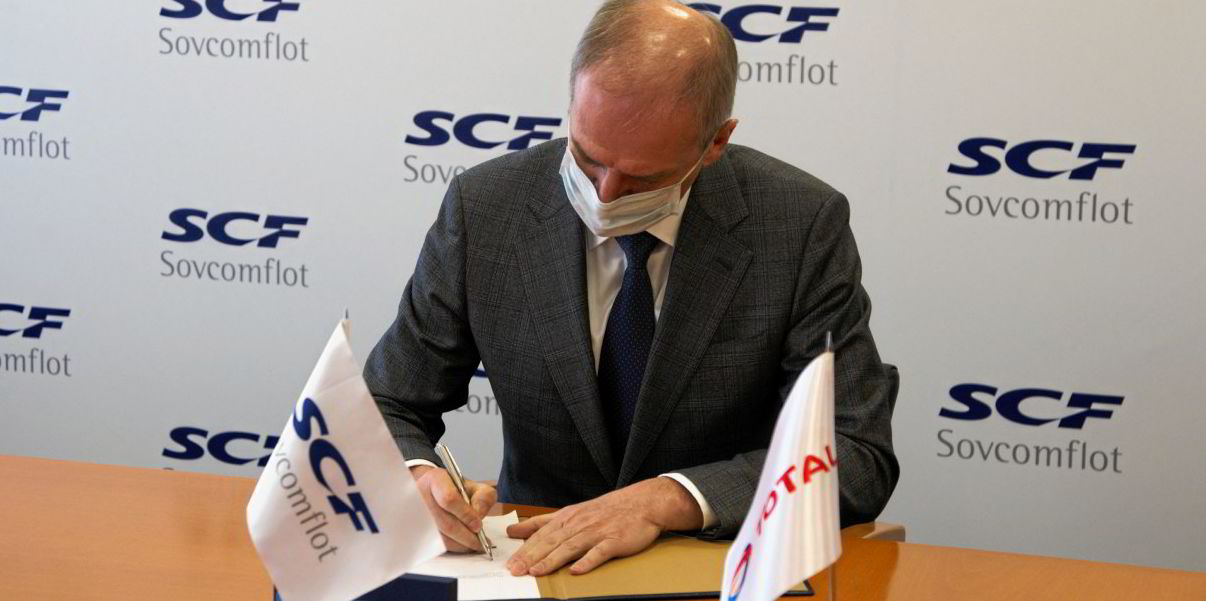Companies contemplating an initial public offering need to have a very strong and sustainable business case that must stand up to scrutiny, according to newly-listed Russian shipowner Sovcomflot (SCF Group).
Speaking at 12th Annual Marine Money London Virtual Ship Finance Forum, Sovcomflot chief financial officer Nikolai Kolesnikov reflected on the lessons learned from the company's long-awaited IPO last year, which he described as a “new” and “very exciting” experience.
“Ultimately the success or failure of an IPO depends first and foremost on the strengths of the underlying business,” Kolesnikov said.
Dramatic images
He described investors as very rational, sharp, extremely focused and busy people.
“They will not be carried away by dramatic images of your ice breaking shuttle tankers ploughing through Arctic ice,” he said. “The times when you could basically tell the story by comparing the length of your tankers to the height of the Empire State building or the Eiffel Tower are long gone.
“An IPO makes you very humble.”
He said investors give prospective listers a reality check as they compare the company with other propositions.
“They will adjust your expectations and not be shy to do so,” Kolesnikov said.
He added that it is also necessary to differentiate the company and explain it to investors.
Kolesnikov said Sovcomflot discovered that due to shipping’s “checkered history” with the capital markets; a newcomer will be given the benefit of the doubt but be held responsible and guilty by association with all the previous instances when equity investors lost or did not make enough money.
He added that it is also critically important to have a strong team of advisors working on the deal.
Virtual first
For the session, Kolesnikov was asked questions by VTB Capital global head of transport, infrastructure, industrials and utilities, investment banking Peter Stonor, who said Sovcomflot’s IPO was the world's largest by any shipping company since 2013.
The IPO raised $550m for the Russian shipowner.
Kolesnikov said it was the first-ever virtual shipping IPO via a Russian company.
He stressed that Sovcomflot had been a privatisation candidate for at least a decade but market conditions prevented this moving ahead.
Kolesnikov said Sovcomflot began “working in earnest” on the IPO in January 2020, only to have to put its plan on hold in March as the Covid-19 pandemic negatively impacted global equity markets.
But it was able to relaunch the process when the market saw some recovery in the middle of the year.
Sovcomflot announced its offering on 15 September and began trading its stock on the Moscow Exchange on 7 October 2020 under the ticker FLOT. He said the company’s market capitalisation is $3.2bn.
Kolesnikov said 50% of the shares allocated came from Russian investors, with the rest distributed internationally — one-third of which went to UK buyers.
He said 17% of the demand came from Russian retail investors.
“That was new to us,” he said.
Kolesnikov believes investors were attracted by the scale of business, the company’s leadership position in core and specialised areas, its skillsets, track record, growth potential and ability to run the business in face of global challenges.
